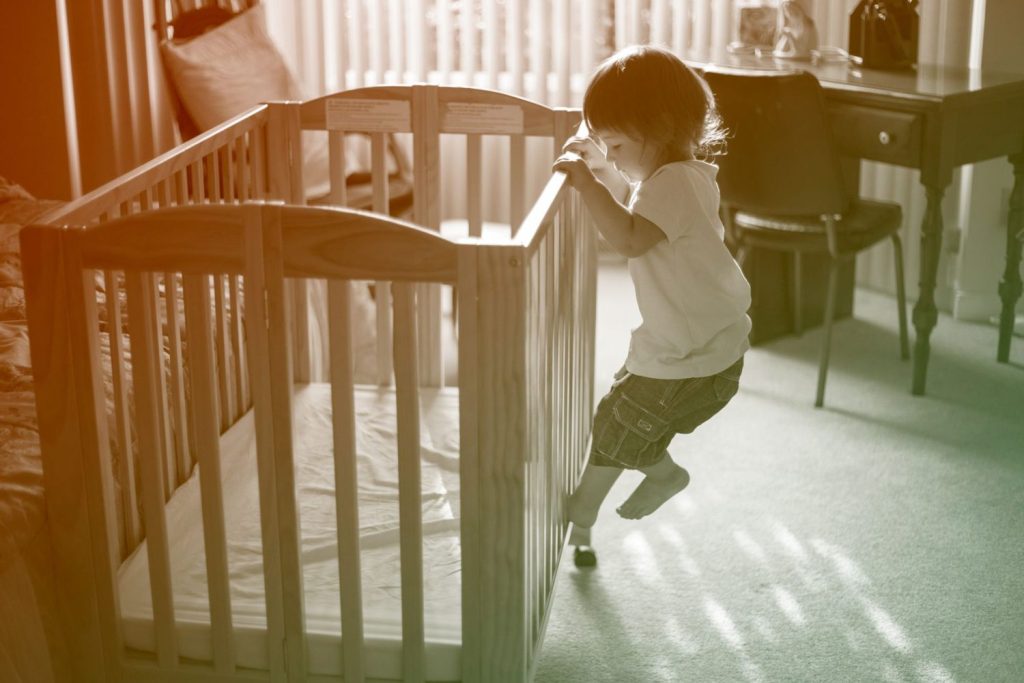Establish an Effective Bedtime Routine for Your Child

How much sleep do kids need?
Sleep needs change as children grow, and individual sleep needs vary based on factors such as health, activity level, and general personality. However, the following are typical average situations:
Infants (4-11 months): 12-15 hours, including naps
Toddlers (1-2 years): 11-14 hours, including naps
Preschoolers (ages 3-5): 10-13 hours, including naps for younger children
School-aged children (6-13 years): 9-11 hours
Teens (14 – 17): 8 – 10 hours
The Importance of a Consistent Sleep Schedule
A consistent sleep schedule strengthens your child’s internal body clock, making it easier for them to fall asleep and wake up at the same time each day. This regularity contributes to cognitive development and emotional stability. Parents should establish a consistent schedule, even on weekends. Consider introducing an alarm clock into your child’s routine. It can teach them responsibility – it’s not just about getting out of bed, it’s about understanding time and setting a daily routine. Modern kids alarm clocks are equipped with features like night lights or sleep sounds to make bedtime feel more inviting and exciting.
Create the perfect sleep environment for your child
Making sure your child has an appropriate sleeping environment can greatly affect the quality of their rest. Dimmed lighting, dark curtains, controlled temperature and minimal noise all contribute to a better night’s sleep, in addition to a quiet and safe environment. Comfortable bedding always plays an important role.
Cribs: The size and height of a crib is important. A bed suitable for their age and size is comfortable and safe. It shouldn’t be too tall or too big; give them enough room to be comfortable. Explore some great crib options to find the perfect fit.
Mattresses for kids: A good mattress supports the spine, is firm enough to provide adequate back support, yet soft enough to contour to the curves of the body. If your child has allergies, consider using hypoallergenic materials.
Children’s Bedding: Cozy, breathable sheets and blankets will ensure your little one maintains a comfortable temperature at night. Look for hypoallergenic options and materials to wick away moisture during the summer months. Check out these kids and toddler bedding for a good night’s sleep.
Habits that make bedtime easier for kids
While there’s no magic trick to getting kids to fall asleep right away, there are a few strategies that can help them fall asleep more smoothly:
Physical activity: A happy tired body leads to better sleep, so make sure your child is active and active throughout the day.
Eating habits: Certain foods can interfere with sleep. It’s best not to drink caffeinated beverages or eat sugary snacks in the evening. Instead, consider foods like bananas or warm milk, which may promote sleep.
Nighttime routine: Reading a story, playing soothing music, or taking a warm bath before bed can all signal the brain that it’s time to wind down.
Limit screen time: Blue light from screens can block production of the sleep hormone melatonin. Give your child at least an hour of screen-free time before bedtime.
Relaxation techniques: Consider introducing your child to simple deep breathing exercises or kid-friendly guided meditations to help their minds wind down.
Sleep is critical to a child’s overall development, and to ensure a child gets consistent, high-quality sleep, it’s important for parents to create an environment and habits that are conducive to sleep. Reinforcing good sleep habits in children will allow them to respect the importance of sleep as they grow older. It’s a journey that requires patience, but the rewards are worth the effort. Consider sharing your experiences or tips as you navigate your child’s world of sleep. Sometimes the best advice comes from those who have been through it. If you want to create the perfect sleeping environment, discover a range of children’s bedding and accessories to support your little one’s journey to tranquility.







